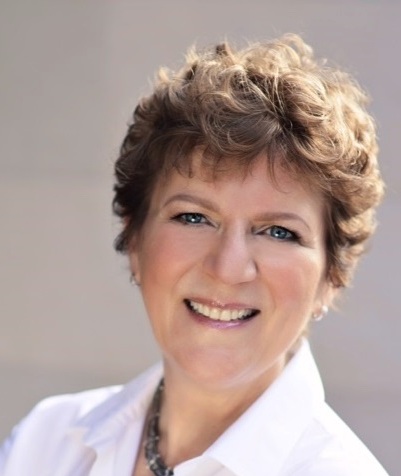Dear Friends,

The threefold blessing, also known as the Priestly blessing, comes right out of our weekly Torah portion!
“May Adonai bless and protect you.
May Adonai’s countenance shine upon you
and may Adonai bestow kindness upon you.
May Adonai’s countenance be lifted toward you and
may Adonai grant you peace.”
What a beautiful blessing! Rashi, the classic commentator, sees a progression in the blessing that explains what might otherwise appear to be redundant language in the threefold blessing. He sees a progression of blessing from the realm of the physical and material, to the realm of the communal and social worlds we inhabit, and finally to our own inner spiritual lives.
How does Rashi build the progression into the words of blessing?
First, Rashi asks: Why does the blessing begin with: “May Adonai bless and protect you”? Why would we need protection, if we are blessed? In other words, what kind of divine blessing puts us in a situation of still needing to be protected?
To answer that, Rashi postulates that the opening of the blessing revolves around the physical and material blessings (or perhaps around the “burdens”) of riches and of property.
And, since many people of means are not universally loved….the second part of the blessing revolves around God’s blessing for those who are in fact “burdened” by riches and by property. The second part of the blessing reminds us that even when others are not necessarily smiling at us, God’s countenance can shine upon us, “lighten” our burdens, and help us navigate our personal relationships with others.
But, then, finally, at the end of the threefold blessing, comes a spiritual blessing of personal inner peace; a blessing of personal “shalom” for those who might struggle with the physical and material “blessings” along with their associated communal and social challenges….
That’s how Rashi sees and explicates the threefold blessing. How do you see it?
May we all be abundantly blessed, with all the various blessings envisioned by our Torah, and uplifted by the inspiring lessons of our tradition!
Shabbat Shalom,
Rabbi Gilah Dror